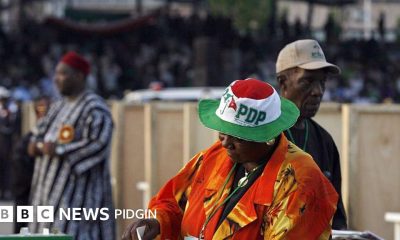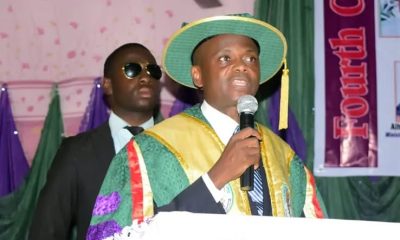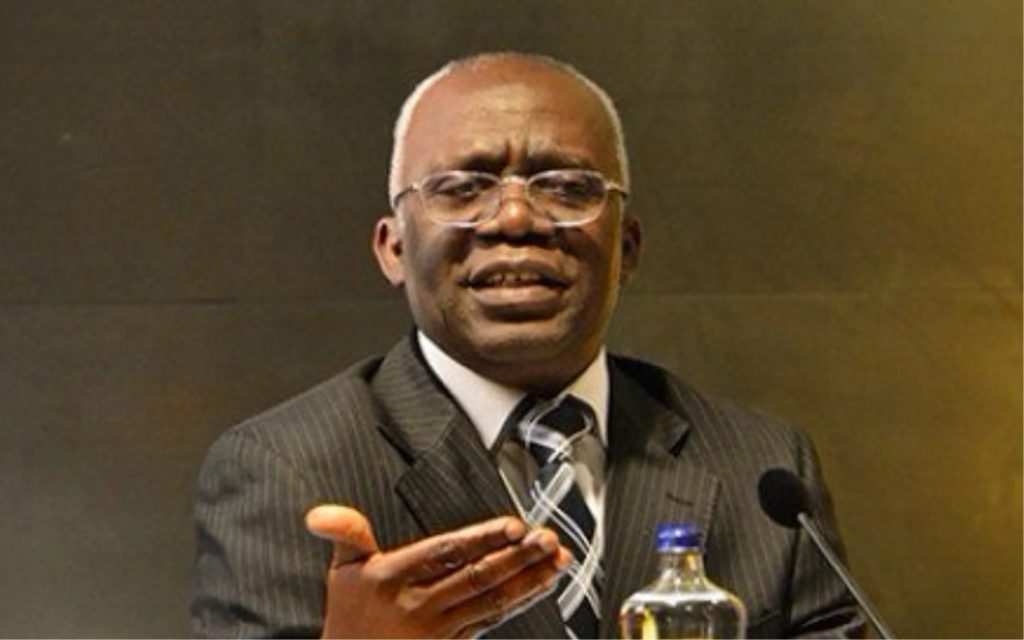A renowned human rights lawyer in Lagos, Femi Falana, Senior Advocate of Nigeria (SAN), had advocated the need for electoral reform in Nigeria if the country will make progress in the choosing leaders to run public institutions.
Falana in an interview on Roadmap 2019 on Channels Television monitored from Lagos, was of the view that, “No nation can continue to toy with its destiny as we are doing.”
Falana accused the previous governments of the Peoples Democratic Party (PDP), as well as the present administration of the All Progressives Congress (APC) of ignoring the call to reform the country’s electoral system.
“Unfortunately, for 16 years under the PDP government, the democratic forces in Nigeria, the progressive forces in Nigeria, the human rights community and other stakeholders, tried to impress it on the government to change the electoral jurisprudence to embark on serious fundamental electoral reforms; those pleas were ignored.
“We are also in that era now, where the ruling party has also refused to embark on genuine electoral reforms and, of course, if for any reason the ruling party is defeated in an election in the future, you will have the same allegations raised by the PDP now (being raised) by the APC then,” Falana stated.
The human right lawyer was, however, hopeful that some new democratic forces would have taken over the process, stressing that the country cannot afford to continue in such manner.
He recalled a committee on electoral reform, set up by late former President Umar Yar’Adua, which submitted its report in December 2008.
According to him, the panel led by a former Chief Justice of Nigeria (CJN), Mohammed Uwais, made profound recommendations but they were ignored.
Falana observed that former President Goodluck Jonathan also constituted a post-election violence panel in 2011 and “very serious recommendations” were made but also ignored.
“President (Muhammadu) Buhari set up the Ken Nnamani committee which reviewed all the previous recommendations and added new ones to reflect the current situation. Again, the report has not been debated at all,” Falana lamented.
He faulted the failure of the government to embark on genuine electoral reform when recommendations were gathering dust in its archives rather than being put to use.
The lawyer said several court judgments have indicted the nation’s electoral process while the Independent National Electoral Commission (INEC) was making attempt to turn a few of the recommendations into guidelines.
“That is not sufficient and that is why we are in a mess,” he stated.

 Latest2 days ago
Latest2 days ago
 Trends3 days ago
Trends3 days ago
 Energy7 days ago
Energy7 days ago
 Aviation1 week ago
Aviation1 week ago
 Latest1 week ago
Latest1 week ago
 Education7 days ago
Education7 days ago
 Business5 days ago
Business5 days ago
 Football5 days ago
Football5 days ago

